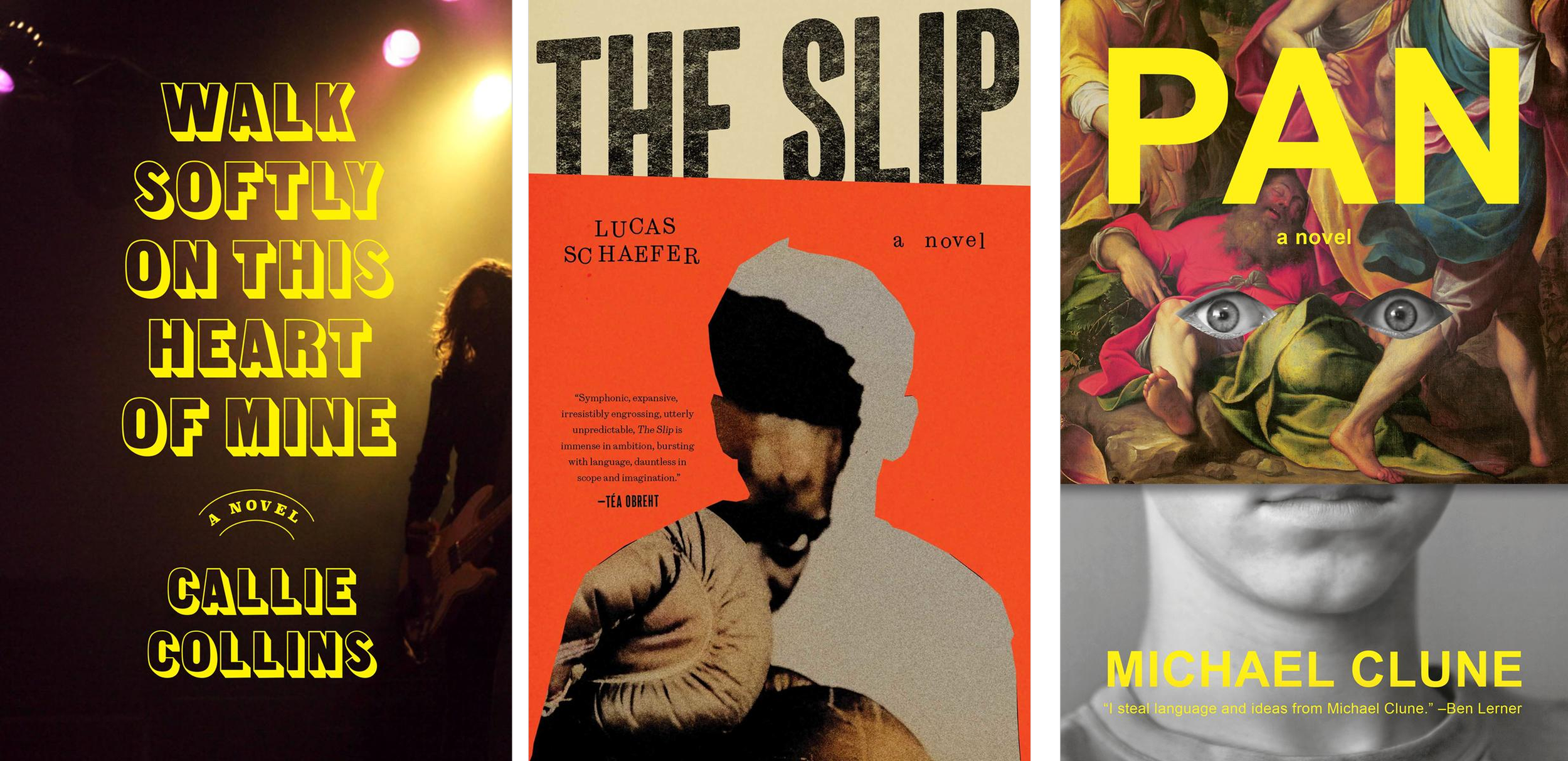Fiction Picks for the Non-Halloween Crowd
We get it: not everybody can stomach horror and thriller, and it’s hard to avoid this time of year. Good news: I read a hundred or so books every year (#humblebrag!), and at least a few of them don’t end in a gore-splattered gothic mansion. So here are some recent literary favorites that I promise will only keep you up at night because of how much you’re enjoying them.
Sure, I love a good twist, gimmick, or speculative premise—but every so often, a book comes along that leaves my heart full and my head ringing without employing a vengeful spirit or sentient AI. Callie Collins’ debut novel,Walk Softly on This Heart of Mine, was that kind of book.
Set in a sawdusty saloon outside of Austin in the late 1970s, Walk Softly explores the richly detailed desires of a rising country-music star, a disillusioned bartender, and an enigmatic young local, while also illuminating the rapidly changing social and economic landscape of Austin at that time. Walk Softly is honest, gritty, and alluring—like a sly wink from a dark stranger at the other end of the bar—but at its core, it’s novel about how difficult it is to belong in an ever-changing, uncomprehending, and incomprehensible world. It is richly textured, beautifully told, and I was riveted to the very last heartbreaking word.
While Collins writes with a Raymond Carver-like economy, Lucas Schaefer’s The Slip (also set in Austin, though a few decades later) is a joyful, maximalist celebration of literary writing. No character—and there are many of them—escapes Schaefer’s pen, and no subplot is left unexplored. POVs shift, narratives intertwine, characters have their exits and their entrances, and ideas (race! gender! sexuality! identity! immigration! boxing!) spring up like weeds—but despite the sheer volume of stuff happening, Schaefer doesn’t let a single word of it go to waste. Hang in through the book’s somewhat cumbersome middle and you will be duly rewarded by one of the most unexpected and satisfying conclusions I’ve read in a long time.
Meanwhile, out of the corner of your eye, like a strange shadow passing across the room that by the time you look…oh, it’s gone now, but the feeling is still there. And it wasn’t anything bad, no—nothing you could articulate at least—but you still can’t quite shake it. Well, that’s Pan by Michael Clune.
Without looking it up to refresh my memory (a fun challenge when writing a review), I am bereft of specific plot points, but I can vividly recall the impression Pan left on me: tense, intriguing, and ultimately fulfilling.
Pan is a coming-of-age set in a simpler time and in a remote-enough place that the novel is unburdened by the emphemera that bogs down other contemporary novels like urban living, pop culture, technology, and media. This works in Clune’s favor, as he is allowed to zoom way in to his main character’s painfully awkward, panic-laden maturity and his relationships with a cast of enigmatic local characters. What feels like psychedelic kind of magical realism or a Donna Tartt fever dream might, in the end, actually just be the drugs. Or puberty. Or the invocation of the Greek god Pan. Or all three?
Or maybe it was just a shadow all along.


